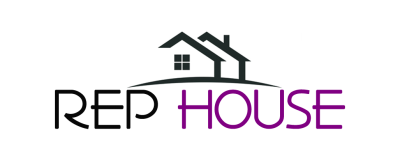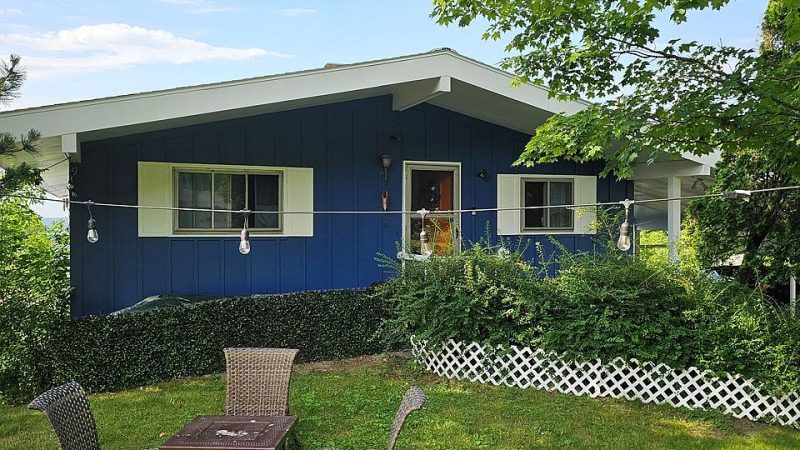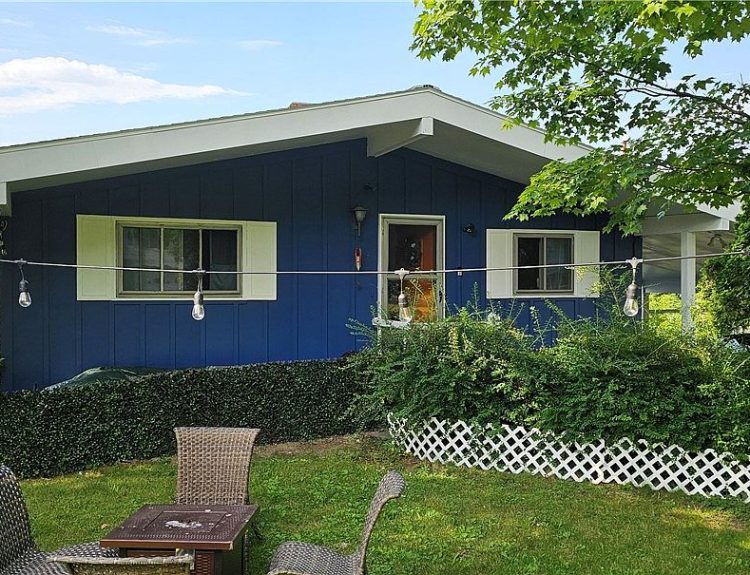Homeownership is often part of the elusive American dream, which compels people of all backgrounds to work hard and prosper in the land of the free. But despite this being a goal of the majority population, the current housing market makes it impossible to be achieved without financial help.
Fortunately, aspiring homeowners always have the option to secure funding through various public and private lending agencies. There are also government initiatives explicitly built to aid future homeowners to achieve their dreams by giving federally-backed loans, such as Fannie Mae and Freddie Mac.
You might be wondering what these two people have to do with money lending, especially if you’ve never encountered them until today. As confusing as it may be, Fannie Mae and Freddie Mac aren’t people; instead, they are mortgage companies created by the U.S. Congress to financially assist homeowners through the secondary mortgage market.
Fannie Mae is the colloquial term for the Federal National Mortgage Association, while Freddie Mac refers to the Federal Home Loan Mortgage Corporation. Both of these entities work to provide guaranteed loans to eligible applicants through federally-approved lenders.
It’s essential to understand what roles these entities play in the process of applying for loans because they can help you get exactly what you need. So without further ado, here are the five mortgage options available to aspiring homeowners:
#1 Conventional Loans
Any loan offered by a traditional bank, private lender, credit union, or mortgage company is considered conventional. This is because no government entity guarantees the transaction. However, there are instances where conventional loans fall under Fannie Mae or Freddie Mac.
Aspiring homeowners who apply for conventional loans usually need higher credit scores to qualify, and they pay higher fixed interest rates than government-backed mortgages. Conventional loans also have a maximum threshold of $548,250 set by the Federal Housing Finance Agency (FHFA).
#2 Federal Housing Administration (FHA)
Unlike conventional loans, FHA-insured loans require lower credit scores and minimum down payments. These are designed to help low-to-moderate income borrowers afford a home without the high interest rates commonly associated with conventional loans.
Loans backed by the FHA are provided by FHA-approved lenders that facilitate the entire process, from application to repayments. As such, it’s essential to note that the loan program can only be used to fund a personal residence and not for investment or rental opportunities.
#3 U.S. Department of Agriculture (USDA)
USDA loans are given to applicants who are eligible for the assistance program, which means that their household income and potential housing location qualifies under the agency’s guidelines. Since the Rural Development program sponsors these loans, the home to be purchased should be within the eligible rural areas determined by the USDA.
The USDA guarantee allows individuals from very low to moderate-income households to finance their purchase of modest and sanitary housing in a certain rural area. These loan programs aim to increase the repayment ability of approved applicants in their journeys to becoming homeowners.
#4 Veterans Affairs (VA)
As the name implies, this type of loan is offered to service members, veterans, and eligible surviving spouses if they ever want to become homeowners. VA loans can offer financial assistance to these eligible individuals through mortgage guarantee benefits and other housing-related programs.
Aside from financing the purchase of a house, VA loans can also be used to fund repairs or renovations for personal occupancy purposes. VA loans fall under the third federal entity called Ginnie Mae, which doesn’t have the strict guidelines or requirements of other mortgage-backed securities.
#5 Jumbo Loans
For purchases made in luxury properties or highly competitive markets, aspiring homeowners can apply for jumbo loans to assist their purchase. Jumbo mortgages are basically conventional loans that exceed the borrowing limit of the FHFA, and therefore, cannot be backed by Fannie Mae or Freddie Mac.
Due to the sheer amount of money to be borrowed, individuals applying for a jumbo loan undergo a more rigorous process that involves compliance to stricter requirements, impeccable credit scores, and a meager debt-to-income ratio. These qualifications are understandable because jumbo loans pose higher credit risks for lenders.
As a first-time or seasoned homebuyer, knowing your mortgage options can help you make more informed decisions concerning your journey to homeownership. Educating yourself about the different loan programs and their corresponding requirements will allow you to identify the right fit for you based on your financial status.
In addition to that, it will be easier for you to share your knowledge about loan types and their varying complexities with fellow homebuyers who don’t have access to such information. So don’t be afraid to research and explore your options before you make a final decision because this is your future at stake.
Meta title: A Quick Rundown of the Five Common Mortgages
meta desc: Any first-time homebuyer can be overwhelmed by the amount of money they need to finance their purchase. Discover the differences between several mortgage options and if you qualify for them.








